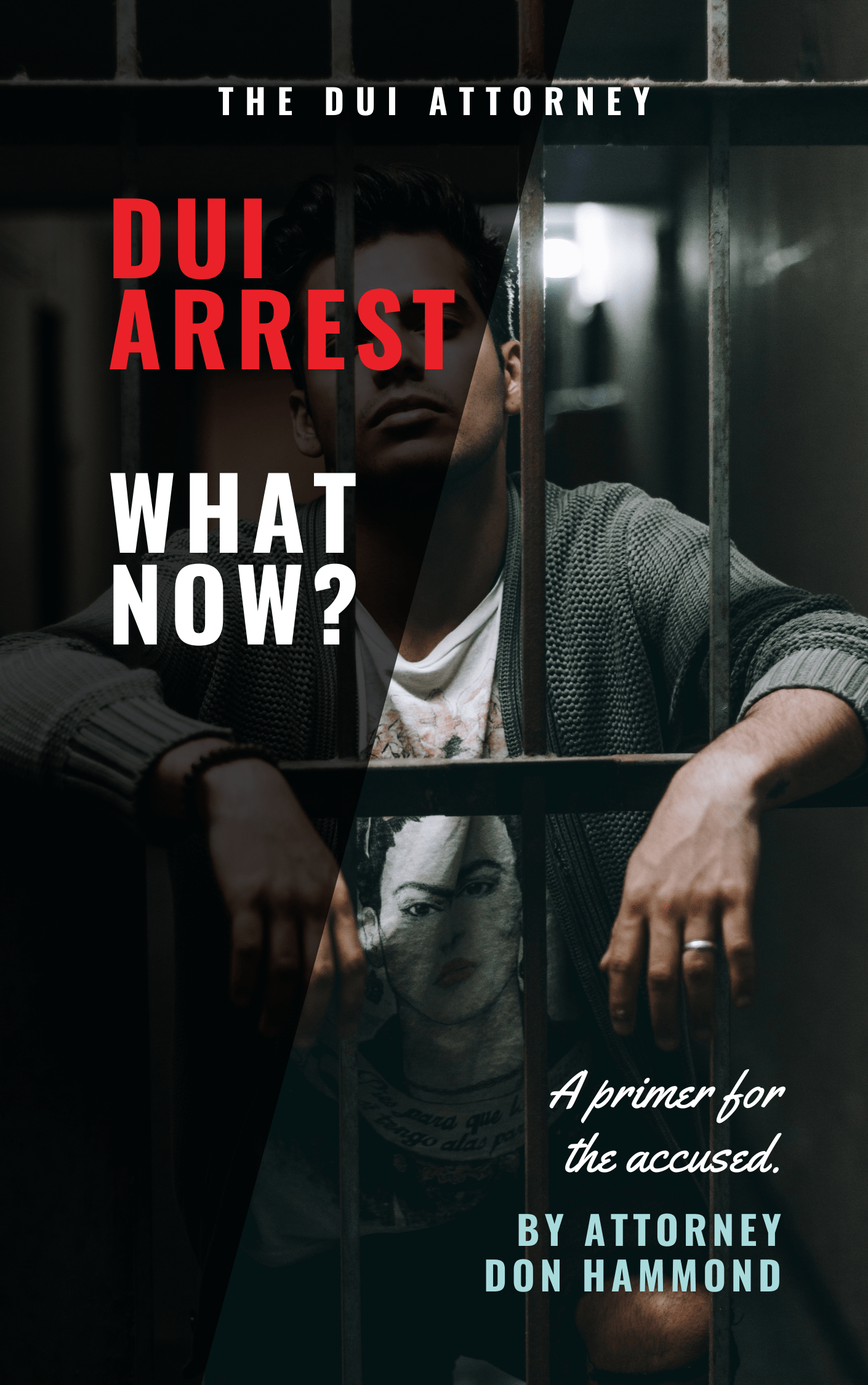
Apart from the apparent immediate effects that a DUI conviction can have on offenders, the consequences may creep into our career, insurance rates, and even school life. There is a common belief among Californians that a DUI record is not permanent, but how long a DUI conviction can stay on a record depends on the record in question, either the DMV records or criminal records.
Most Californians only consider the ten years on a DUI would stay on the DMV records. However, unless you are proactive in removing the record, the conviction records are available to the public.
Filing a petition to sealing arrest records only applies to cases that did not lead to a conviction. Thus, the only way to successfully get a real ‘do-over’ is by having your DUI conviction expunged.
An expungement typically means that any evidence of your conviction will be erased and not made available to the general public. Many people like schools, landlords, employers, and insurance companies often consult Intelius of Truthfinder, among many other sites, for background checks. Background checks tend to lead to a negative bias against people with DUI convictions, which prevents them from receiving opportunities.
An expungement would allow you to legally check the NO box when asked about any prior convictions. You would not need to worry about the legal ramifications of lying on a form.
Unfortunately, not everyone is a potential candidate for an expungement. Petitions would still have to pass the state of California’s eligibility criteria.
To qualify for an expungement, petitioners must meet all of the following criteria:
- He or she must not be currently facing any other charges.
- He or she must not have served a sentence in state prison.
- He or she must not be on probation for another crime.
While some convictions lead to jail time, most misdemeanor DUI convictions do not require offenders to serve time in state prison. State prison sentences are typically reserved for more severe convictions like felony DUIs. That said, only felony convictions would warrant a state sentencing, and these records are usually more difficult to expunge.
Also, those currently on probation should wait until their sentencing period is complete. Only then can they have their records expunged after one year of finishing their sentence.
The expungement process is complicated and confusing. We gave a detailed outline in our “Step by Step” guide, but we highly recommend petitioners to seek out a professional lawyer to guide them on a successful expungement. The certainty of beginning a new life is only made possible by consulting with a Great Expungement Attorney like Attorney Don Hammond.










